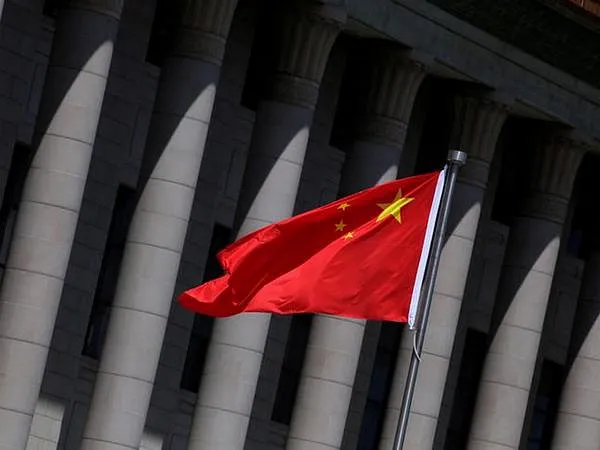China’s President Xi Jinping delivered a video link address proposing a “global security initiative” (GSI) hinting at a new approach to global security during the annual Boao Forum in April 2022.
The announcement comes amid the world confronting a multifaceted crisis – economies were still grappling with the health and budgetary consequences of the COVID-19 epidemic when Russia invaded Ukraine, driving commodity prices up and generating global concerns about energy and food security, reported Global Strat View.
GSI is based on the premise of “indivisible security”. The speech was significant because it was the first time China hinted at a new approach to global security “with Chinese features.”
Like every other state, China pursues its own interests, but as a developing powerhouse, it also aspires for global leadership.
Beijing frequently portrays cooperative military actions between the United States and its allies as provocations while signalling China’s willingness to accept other countries’ security concerns as well as the goals and values of the United Nations Charter.
However, neighbouring countries are concerned about China’s rise, particularly its territorial claims in the South China Sea. Furthermore, the United States and its allies have increased their efforts to counter what they regard as a “China threat,” both economically and militarily, reported Global Strat View.
According to some commentators, this is the first time China has advocated for indivisible security while highlighting the ramifications of US actions in Asia.
“If China considers the United States and its allies’ actions on Taiwan or in the South China Sea to be disregarding its security concerns, it may invoke the concept of ‘indivisible security’ to claim the moral high ground in retaliation,” Li Mingjiang, associate professor at Singapore’s S Rajaratnam School of International Studies, told news agencies.
In terms of economics, China has a vast and expanding domestic market, but its economy is still heavily reliant on exports.
Russia already supports China’s proposal. However, while EU-China commercial links have remained unbroken thus far, Europe is concerned about Russia’s invasion of Ukraine and is reconsidering its China connections.
Even though the notion of indivisible security has European roots, it appears that Europe is not in a rush to join the new China-led initiative, reported Global Strat View.
Furthermore, several neighbouring nations, particularly Vietnam and the Philippines, believe China is not behaving in accordance with “indivisible security” in the South China Sea.
The Pacific nations are another target for China’s new security strategy. However, as demonstrated by last week’s meeting with Foreign Minister Wang Yi, these nations will require more time to coordinate and deliberate, as many did with the Belt and Road Initiative (BRI).
The same is expected to be true for the Latin American and Caribbean areas, given their varying rates of participation with BRI.
Another objective is the African continent. Many African nations are likely to regard “indivisible security” as aligned with their ideas on international security in the context of current security cooperation with African countries that adhere to the non-interference principle.

